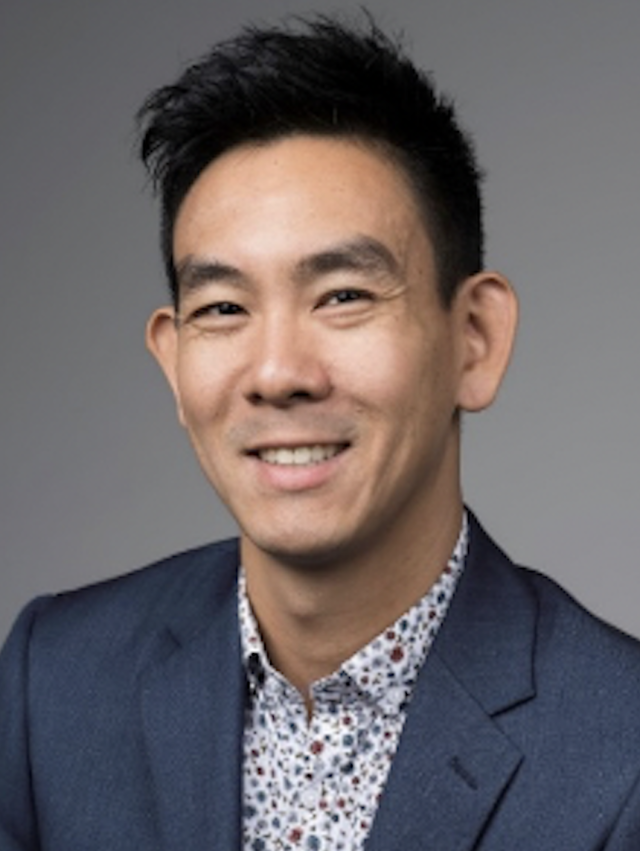Quantum Foundry Seminar: Stephen Wu

Stephen M. Wu
University of Rochester Department of Electrical Computer Engineering
Department of Physics and Astronomy
Abstract:
Strain engineering in electronics has been widely utilized over the last 20 years to enhance carrier mobility in most standard Si-based CMOS fabrication processes. These process-induced strain engineering techniques, engineered from the nanofabrication process itself, are simple, reliable, applied device-to-device, and highly scalable down to the nanometer scale. In this talk, I will introduce our groups work in exploring how process-induced strain engineering translates to the world of 2D materials, and how this may be applied to engineer quantum materials properties. Control over the strain degree-of-freedom in 2D materials opens new pathways for exploration in engineered quantum materials, since strain in weakly-bonded 2D systems can go far beyond strain-engineering in conventional 3D-bonded materials. This will be discussed in the context of three different ongoing projects in our group: 2D straintronic phase-change transistors/memristors, moiré superlattice engineering with strain in twisted bilayer 2D heterostructures, and strain-controllable edge state superconductivity in 2D topological Weyl semimetals.
Bio:
Stephen M. Wu is an Assistant Professor at the University of Rochester in the Department of Electrical and Computer Engineering and the Department of Physics and Astronomy. His research interests involve engineering quantum materials to create novel electronic or quantum devices. For work in this area, he has won the NSF CAREER award in 2020. Before Rochester, he was a postdoctoral researcher at Argonne National Laboratory within the Materials Science Division. He received his Ph.D. in Physics at the University of California, Berkeley in 2012, as well as a B.S. in Electrical Engineering and Computer Science in 2006 and B.A. in Physics in 2006 from the same institution.